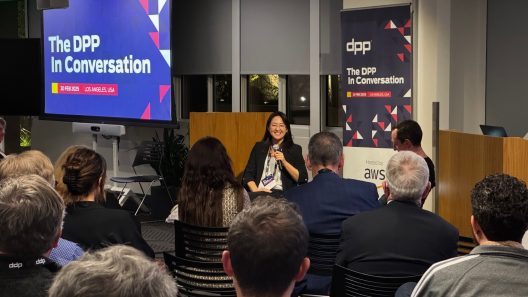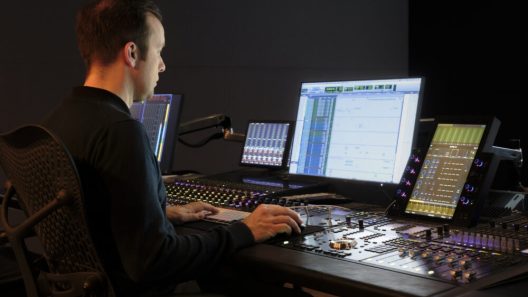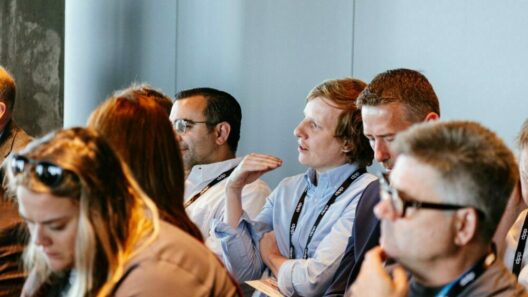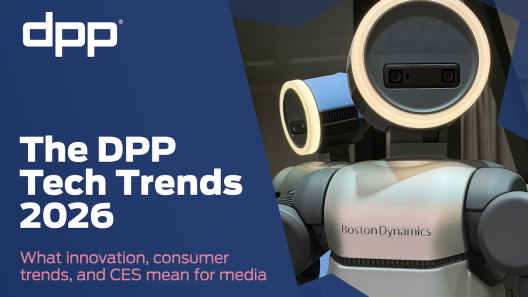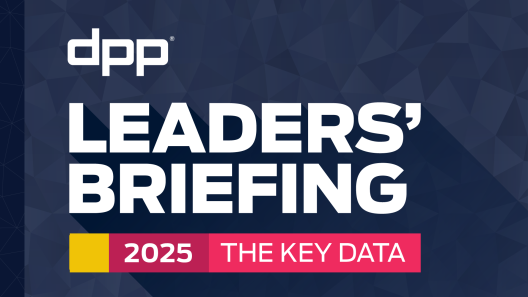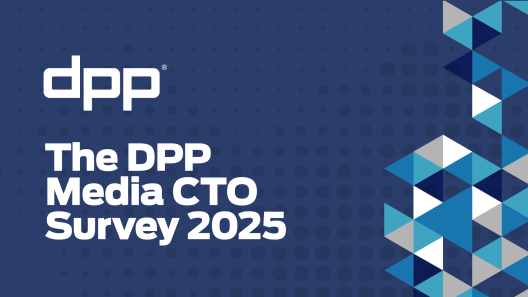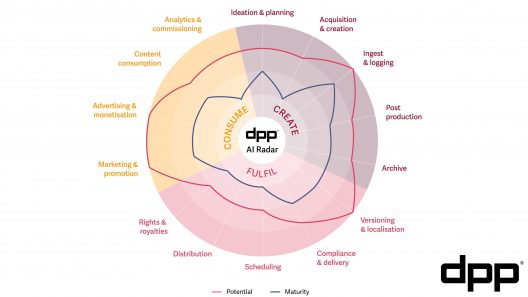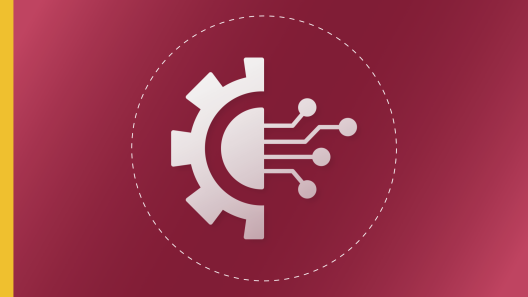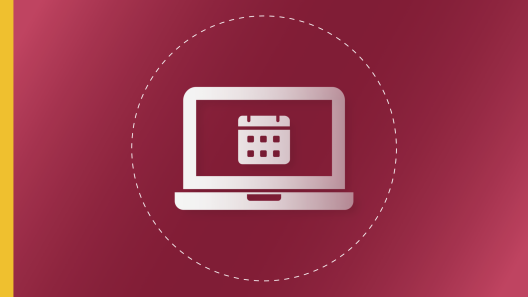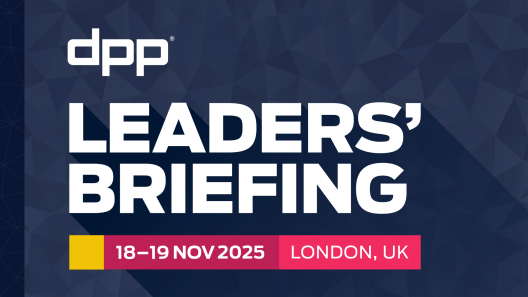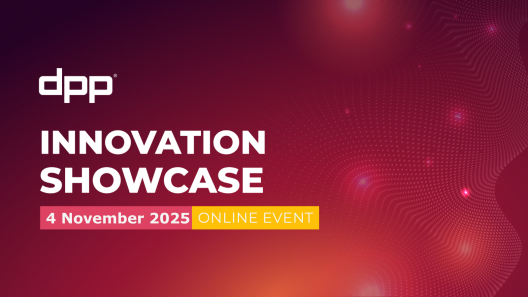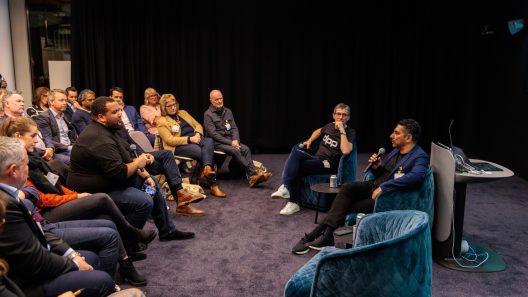The DPP was founded on a simple premise: broadcasters are the ones best placed to make digital easier. Broadcasters commission content: they initiate a process to which the whole supply chain of producers, facility houses, manufacturers, distributors, service providers and consultancies then contribute. So, if it’s in anyone’s gift to make fully digital creation and distribution easier, it’s the broadcasters. If broadcasters could agree common standards, workflows and guidelines then wouldn’t it trigger a virtuous wave of much needed simplicity right through the supply chain?
That was the theory. And though much of what the DPP has done over the last four years seemed to indicate the theory was sound, it didn’t get truly tested until we announced in September 2013 that UK broadcasting would move to file-based delivery, using a single delivery standard, AS-11 DPP, by 1st October 2014.
Here was the DPP’s founding premise in action: all UK broadcasters had agreed to do the same thing, in the same way, by the same date. Would they deliver on their commitment? Would they trigger a virtuous wave of supply-chain co-operation? And would that indeed feel like a simpler digital world?
If there is one thing about making a public promise attached to a specific date it’s that it gives you nowhere to hide. As the abbreviated version of the delivery date – 0110 – exquisitely suggests, the outcome was bound to be binary.
And happily UK broadcasting has scored a one, not a zero. All UK broadcasters are indeed, on 1st October 2014, in a place to receive finished programmes in file format, to the AS-11 DPP standard. Mission accomplished.
But that triumphant headline hides the real story – the one about the wave. The real story is that the entire supply chain for television broadcasting in the UK (bearing in mind some of that supply chain are not even UK companies) has collaborated to make standardized file delivery possible. They haven’t just collaborated in the sense they’ve been nice to one another: they have worked together intensively to solve problems and hone solutions.
To be honest, in making the 1st October announcement the DPP had underestimated just how central a role it would be asked to play in coordinating the subsequent change management process. But it has been a function we’ve been delighted to play: it isn’t onerous to be a coordinating force when surrounded by so much goodwill. DPP forums and workshops on file-delivery have been booked-out within hours of being advertised; post production facilities have come together every couple of months to share issues and information; manufacturer interoperability days have been fully and energetically attended; subject matter experts have given their time to creating brilliant learning materials such as our Producer’s Guide to File Delivery, and the much-needed 10 Things You Need to Know About Digital Storage; Twitter and Linked In have been buzzing with discussion; and almost thirty companies have joined our Compliance Programme.
Why? Why have companies and organisations more commonly known for being highly competitive come together to enable an industry wide standardized change delivered to a challenging deadline? From talking to them the answer – in essence – is this. Complexity is expensive and distracting; simplicity focuses attention on what matters; and what matters is quality.
A manufacturer, service provider or post house might gain some small kudos from being able to perform some niche process to some obscure codec; but is that really what anyone wants to be known for? And is that really an effective business model? Isn’t it far more interesting – and far less costly to R&D and investment – to be known for delivering a mainstream capability superbly well? A senior figure from one prominent manufacturer told me how much it typically costs to develop for a new codec variant, and the numbers were eye-popping. They are far more motivated by trying to build the highest quality product for delivering a common codec: being the best at doing the least.
Similarly I don’t believe any broadcaster really wants to compete over the means of production rather than the quality of output. What happens to a programme in that strange hinterland between editorial sign-off and consumption by its audience is important but hardly differentiating: it isn’t where the battles for hearts and minds take place. No one should want this part of the process to cost any more than it has to. What everyone does want however is to know that the quality of a programme is maintained from the producer to the consumer – that the experience is great, not that the technology is complex.
So 1st October is an historic day. It’s historic because, as we hoped, it’s the day the production of television truly became digital from end to end. But it’s also historic because it’s the day we all proved what we all hoped: that everyone in this business is more motivated by what’s simple than by what’s complex. And that’s partly because simple costs less. But it’s more than anything because simple enables us to focus on what matters: ensuring we still deliver the best television in the world.




